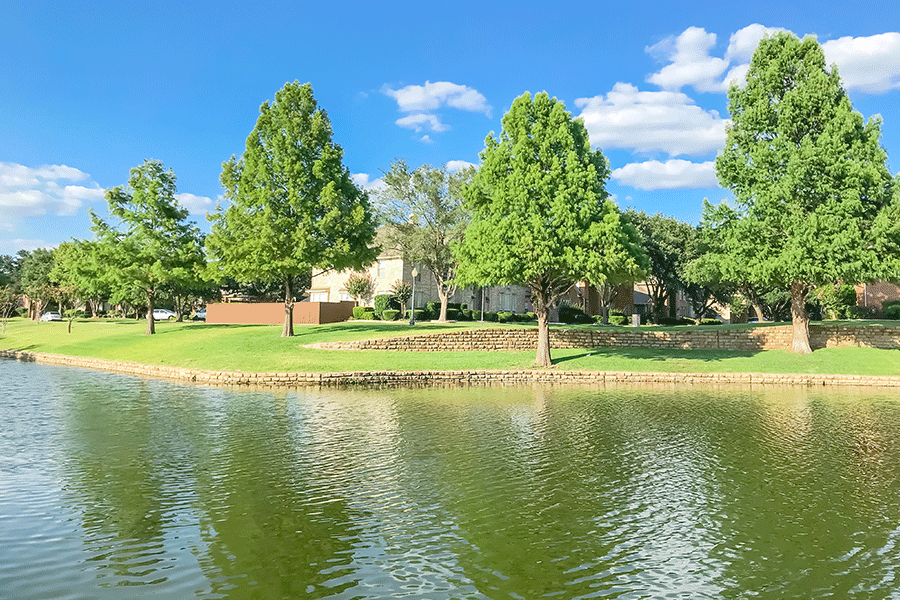
The weather changes a lot in autumn. This beautiful season offers a breath of fresh air with its changing colors, cooler temperatures, and falling leaves. However, maintaining your pond is also essential as the leaves begin to fall everywhere. Overflowing leaves can contribute to the formation of pond muck, even though a small amount will not harm your pond. So, let’s talk about the importance of pond maintenance and keeping your pond free of leaves.
How Leaves Decompose in the Water
If your pond is close to trees or right next to them, you might notice leaves floating on the water’s surface. Eventually, those leaves will fall to the bottom. Additionally, they will begin to degrade over time. Even though these leaves can be an excellent source of nutrients for the water, too many can overburden the pond’s natural cycle. As a result, keeping your pond clean is a good idea.
What will become of the leaves?
Within a few days, you will notice a difference in cleanliness if you do not clear your pond of leaves. The leaves will disintegrate into a sludge that will eventually combine. Also known as pond muck, this can be a collection of algae, leaves, and other floating debris. The issue arises when too many leaves begin to rot simultaneously. Your water will start to appear cloudy due to the rapid reproduction that occurs when bacteria have a lot of organic matter to work with, such as decaying leaves.
A Dirty Environment Can Have an Impact on the Landscape
When leaves form pond muck, it can create a hostile atmosphere. It will also affect the fish in your pond. A thick sludge of nutrient-poor waste could suffocate your fish. Sludge can clog your diffuser and aerating system if it is thick enough. In addition, it can be challenging to walk around the waters where pond muck has formed. Most of the time, it smells around the pond, and the muck attracts mosquitoes and other unwanted pests.
Maintaining your pond regularly is essential. Overall, it makes a good landscape with the right amount of oxygen, nutrients, and bacteria for life in the pond. This includes removing leaves from your pond. As the article says, a small number of leaves won’t make a big difference. However, the issue can quickly become out of control if those leaves are allowed to accumulate. Your wisest choice is to pull any leaves drifting on a superficial level with a beach rake. Regardless of your choice, clearing those leaves in the fall is necessary for the environment of any pond.